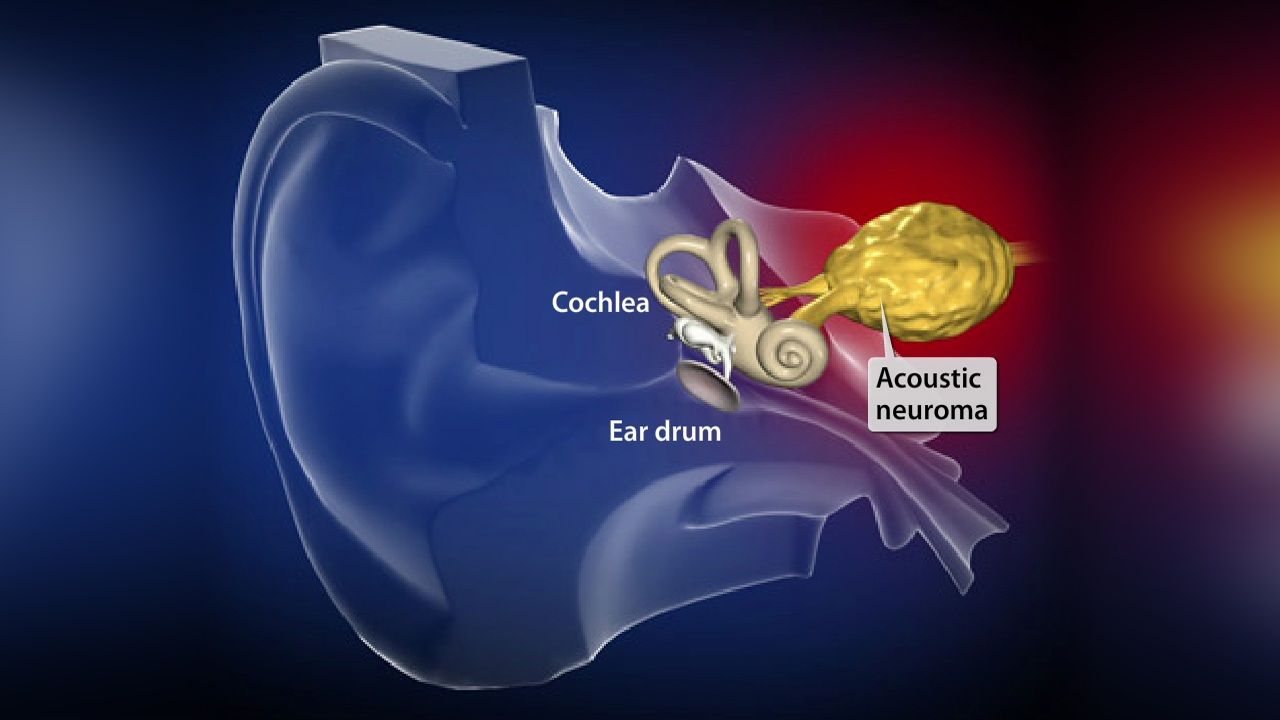What Causes It?
Genetic mutations (especially related to Neurofibromatosis Type 2)
Sporadic nerve cell overgrowth
Rare hereditary conditions
Exposure to high doses of radiation to the head and neck (rare cause)
Signs & Symptoms
Gradual hearing loss in one ear
Tinnitus (ringing in the ear)
Balance problems or dizziness
Numbness or weakness in the face
In severe cases, headaches or difficulty walking
